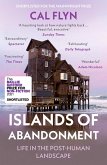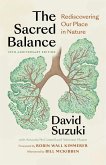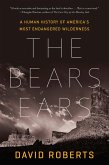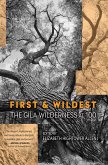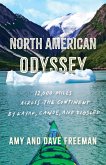Ninety percent of the world's megafauna (its larger creatures) have disappeared since humans migrated from Africa and fanned out across the rest of the world. Within a very short time the megafauna - mammoths, mastodons, woolly rhinoceros and the huge carnivores that preyed upon them were extinct. Only Africa seems to have escaped: not unscathed, but not entirely vanquished either. This book describes the history and extent of human impact on the world's wildlife (marine included), good and bad; it examines, in particular, the status of wildlife in Africa - the world's last great megafaunal sanctuary; and it questions whether Africa's wildlife has reached its lowest ebb, and whether it is about to witness the turn of the tide? The author sounds a note of cautious optimism: conservation initiatives have gained a new urgency in the 21st century, and in Africa and elsewhere are showing increasing resolve to tackle poaching. Vast transfrontier parks, many still in development, have the potential to provide a sustainable habitat for the continent's megafauna. If we can muster both local and international support, name and shame the rogue nations, and build a practical conservation model that does not conflict with human needs, then Africa's wildlife can perhaps be saved.
Dieser Download kann aus rechtlichen Gründen nur mit Rechnungsadresse in A, D ausgeliefert werden.



